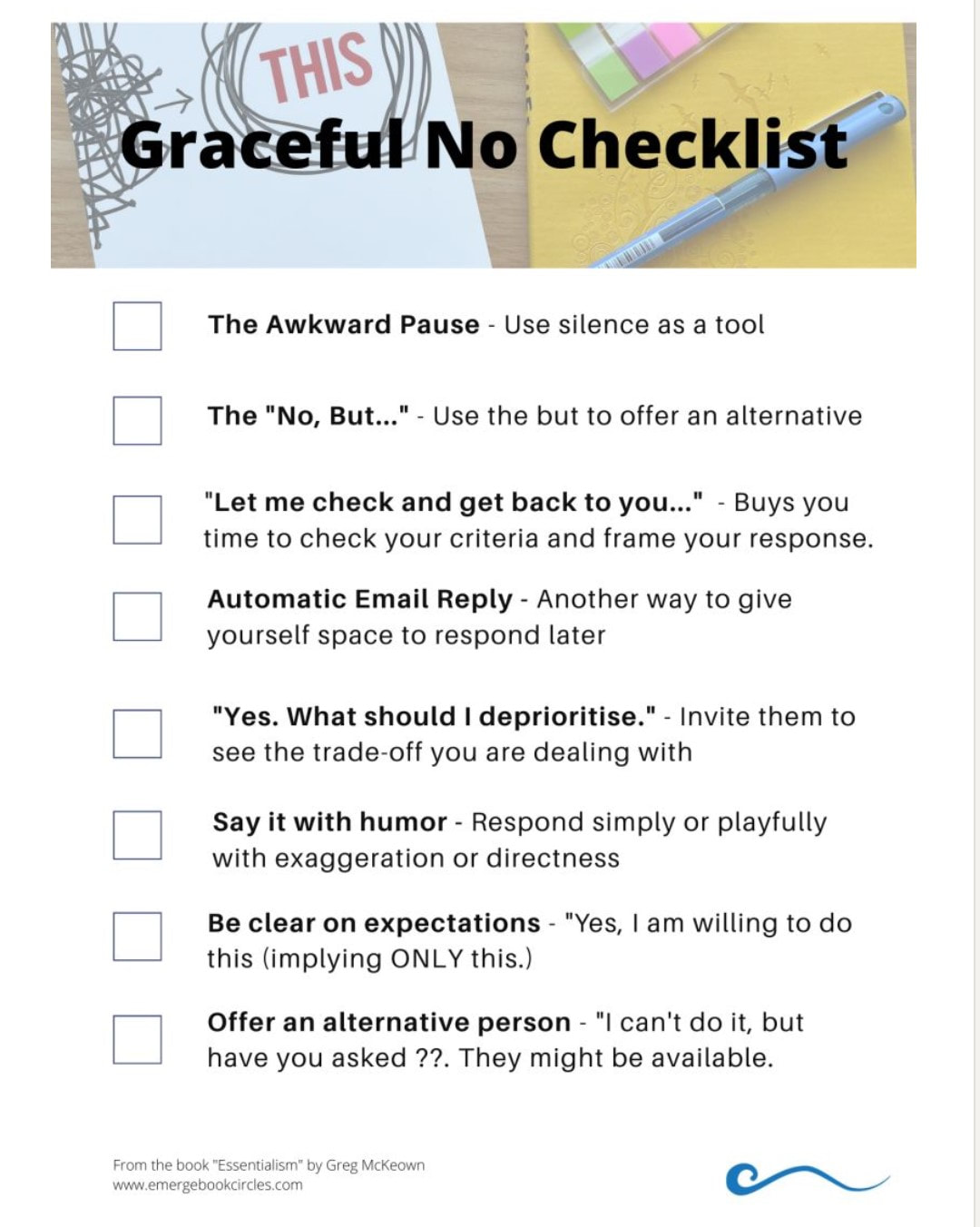|
"I can't hear." "Okay" "I can't hear." "Do you have a question for me?" "Can you raise the volume?" "Absolutely." The other day, I was driving my son and his friend home from soccer practice and his friend wanted the radio to be turned up, yet all he kept repeating was that he couldn't hear. He wasn't asking for anything. It was only when prompted to ask a question, that my son asked, and in turn I raised the volume. This is a common occurrence in our house. Our children make a demand, or simply a statement, and we respond with, "Do you have a request?" or "Do you have a question?" This morning, I was working with a team of marketing professionals who are struggling with how to best respond to requests from outside their team. Requests from HQ. Requests from Sales. Requests from other marketing teams. We spent our time outlining the requests they receive, then we focused on the most pressing requests, and finally the ones where they actually have a choice to say YES/NO. From there, we used the ideas in the book Essentialism by Greg McKeown, to create minimum criteria for a YES. Essentially, if these 3 things are not in place, the response is an automatic NO. And finally, we practiced. This was the playful and fun bit. In partners, one person was the over-the-top, ask-for-the-world, money-isn't-a-factor, sales person, making the request. The other person was in charge with saying NO. It was a hoot...and also NOT, because I know that some of those role-plays were very, very real. They'll keep practicing, and we'll revisit our minimum criteria in two weeks when we meet again. In the aftermath, I designed a pretty PDF outlining their minimum criteria, alongside this "Graceful No Checklist" which comes straight from the book. Do you struggle with saying NO sometimes? Would have clear selection criteria be helpful? Originally posted on LinkedIn with comments. Read Deeper Not Faster
0 Comments
Leave a Reply. |
Hi there!I am Theresa Destrebecq. |



 RSS Feed
RSS Feed